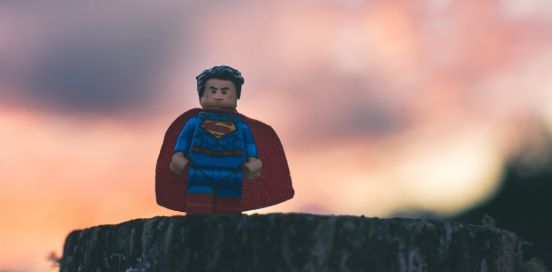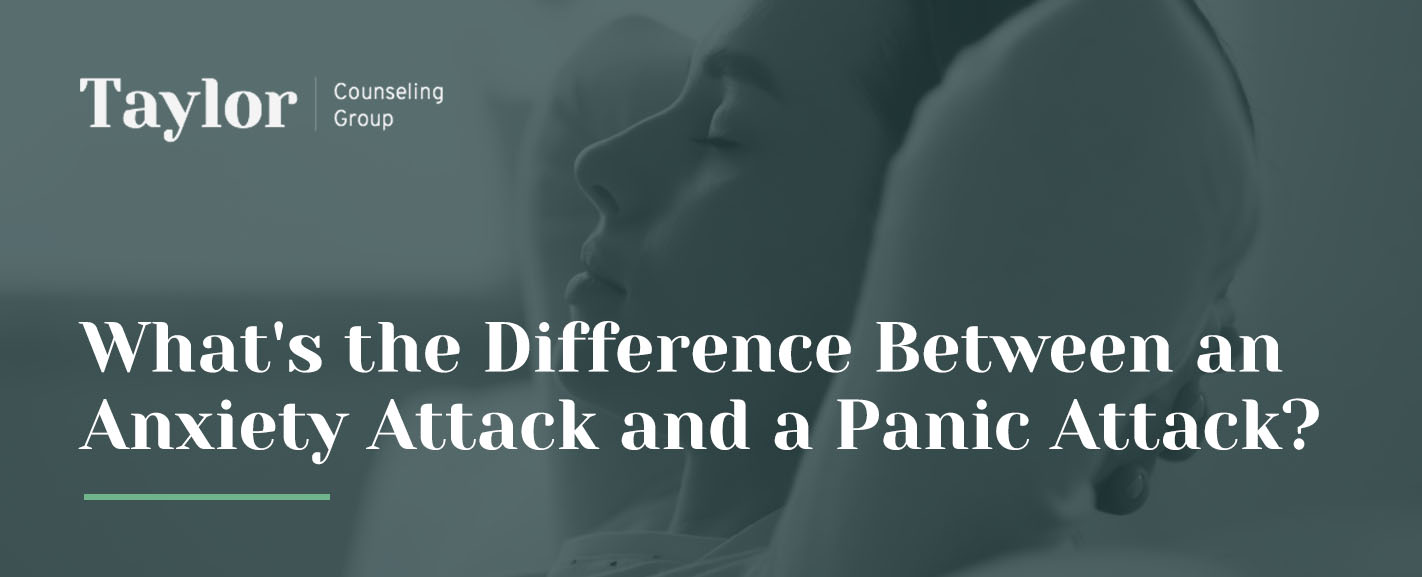The Vietnam setting of this episode really made for a different feel compared to other episodes. The dynamics between Jack and his brother (Nick), mother, and father help explain the guilt we saw Jack experience in past episodes. I have high hopes that we will get to see a realistic depiction of the impacts of war on Jack’s generation in episodes to come.
We got to meet a more human version of Jack’s dad, before he was plagued by the effects of addiction. We also met Jack’s grandfather and light was shown on an even longer lineage of struggling with alcohol.
But the episode’s most important scene takes place just after Nick is born. As Jack’s family takes a peek at the new baby while at the hospital, Jack’s dad explains the role of a big brother. He tells Jack that it is his job to watch out for his little brother in life, no matter what. A healthy adult would know there are limits to this job. We can’t be Superman for someone. We can’t control other’s action or always be present to rescue others from their situations. But when a child hears this sort of expectation, they take it very literally.
In Jack’s case, this promise weighed heavily on him as a kid and well into adulthood. That’s why we see Jack enroll in the military just to go check on his little brother. That’s why we see him struggle so deeply with guilt over his brother’s death. That’s why Jack took the role of man of the house when his dad dropped the responsibility. Ultimately, it was this Superman complex that caused him to run back into a burning house to save a dog.
Unrealistic expectations for ourselves to be Superman/woman may gain us a lot of friends, make us appear sacrificial, and often put us in the role of hero but these expectations also get in the way. They often keep us from showing up in the everyday roles and responsibilities that are ours to carry – the jobs that aren’t as dramatic or noteworthy. In the end, the need to be superhuman leads us to hurt those we swore to protect.






